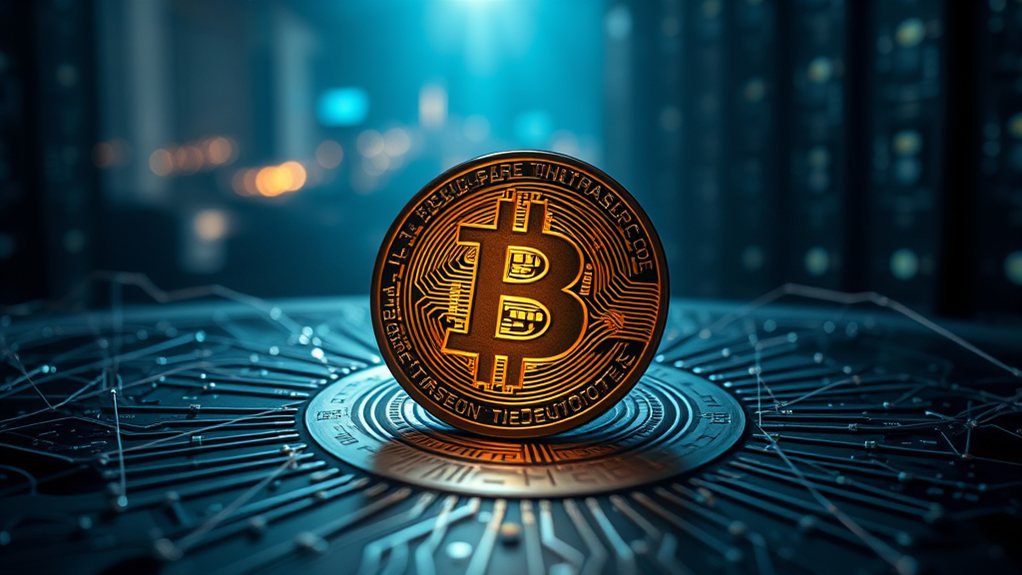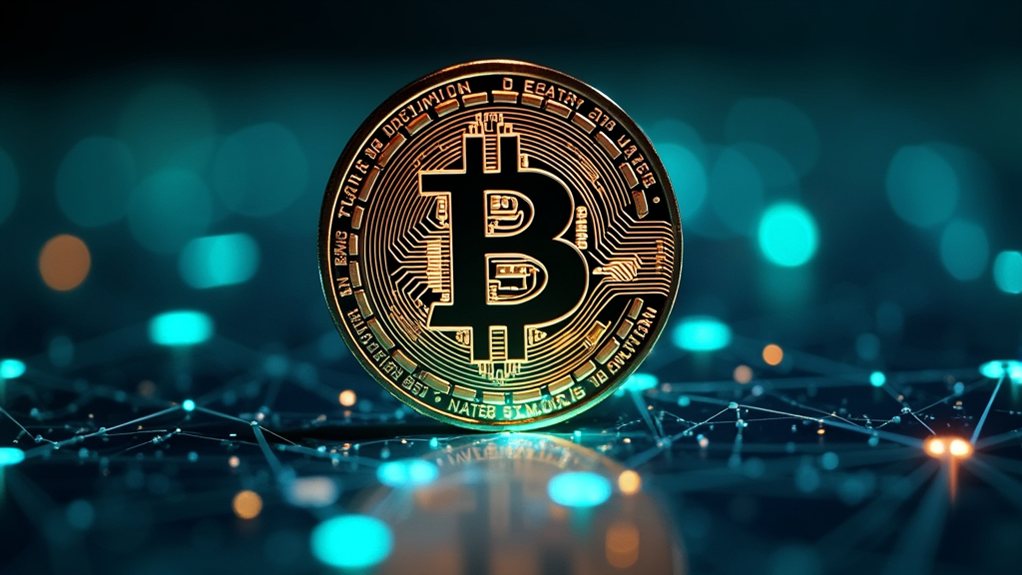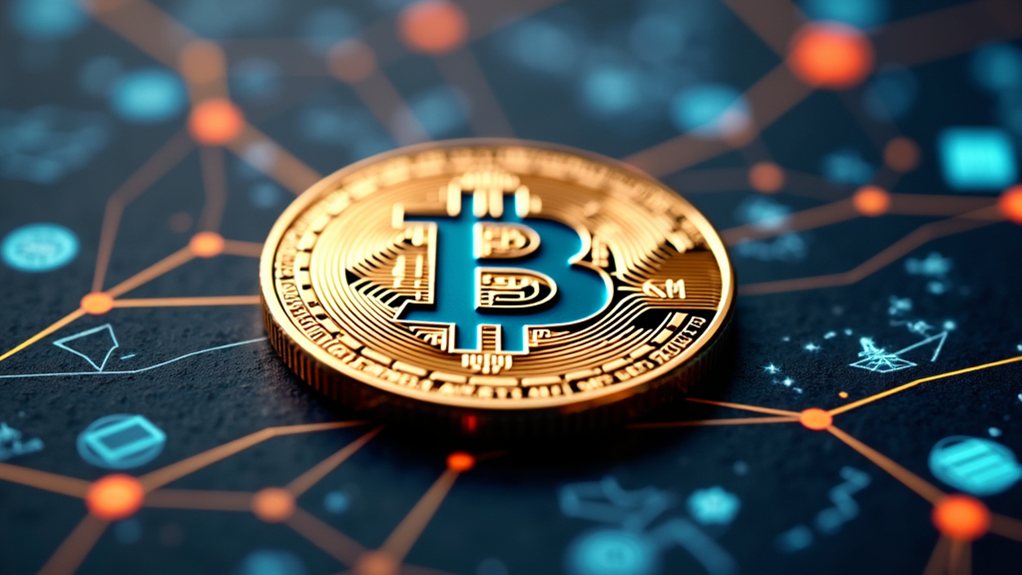No single person or organization controls Bitcoin. It runs on a decentralized network of thousands of computers worldwide. Bitcoin's operation relies on consensus among developers, miners, node operators, and users. While volunteer developers maintain the software and miners process transactions, no central authority can change its fundamental rules without broad agreement. Governments can regulate how people use Bitcoin but can't directly control the protocol itself. The system's design intentionally distributes power across its ecosystem.

When people ask who controls Bitcoin, they're often surprised by the answer: no one and everyone. Bitcoin was designed by a person or group using the name Satoshi Nakamoto to operate without central control. Instead of having a company or government in charge, Bitcoin runs on a network of computers spread across the world.
These computers, called nodes, work together to maintain Bitcoin's blockchain. This blockchain is like a public record book that keeps track of all Bitcoin transactions. Anyone can download and run this software, becoming part of Bitcoin's global network. The blockchain uses cryptographic hashes to create an unbreakable chain of transaction records that prevents tampering and ensures data integrity.
Miners play a key role in Bitcoin's ecosystem. They use special computers to solve complex math problems, which helps secure the network and process transactions. Miners earn Bitcoin as a reward for their work. While miners have some power over which transactions get processed first, they can't change the core rules of Bitcoin.
Bitcoin Core developers maintain the main software that most Bitcoin users run. These programmers work as volunteers to improve Bitcoin's code and fix bugs. Notable developers include Wladimir van der Laan, Pieter Wuille, and Adam Back. Despite their expertise, these developers can't force changes to Bitcoin. Any significant update needs widespread agreement from the community.
When changes to Bitcoin are proposed, they come as Bitcoin Improvement Proposals (BIPs). The community discusses these ideas, and miners signal their support by including specific information in the blocks they mine. This informal governance system relies on rough consensus rather than formal votes. Bitcoin uses an off-chain governance mechanism that requires consensus among core stakeholders to implement any protocol changes.
Bitcoin's ownership is spread among millions of people. About 2.3% of Bitcoin addresses hold more than 1 BTC, while 40% of all Bitcoin is held by long-term investors. Satoshi Nakamoto is believed to own about 1 million Bitcoin, but these coins have never moved. Exchanges hold roughly 11% of all Bitcoin, and governments own an estimated 1.5%. Major platforms like Binance with its 90 million monthly users represent a significant portion of Bitcoin's distributed ownership landscape.
While governments can't directly control Bitcoin's protocol, they can affect how people use it through regulations. Laws about taxes, money laundering, and financial services impact Bitcoin's adoption and market price. Some countries have embraced Bitcoin, while others have restricted or banned it.
If any single group tried to take control of Bitcoin, users could reject those changes by not running the modified software. This happened in 2017 when users activated a software update that miners initially opposed. This event showed that Bitcoin's power ultimately rests with its users.
Frequently Asked Questions
How Can I Buy Bitcoin?
Buying Bitcoin requires a few simple steps.
First, create an account on a cryptocurrency exchange like Coinbase, Binance, or Kraken.
Then, complete identity verification and add funds using bank transfers, credit cards, or PayPal.
Finally, place a buy order for Bitcoin.
Exchanges charge different fees for their services.
Users can store their Bitcoin on the exchange or transfer it to a personal wallet for added security.
What Determines Bitcoin's Price?
Bitcoin's price is determined by several key factors.
Supply and demand play a major role, with Bitcoin's limited supply of 21 million coins creating scarcity.
Market sentiment shifts with media coverage and social trends.
Macroeconomic conditions like inflation affect Bitcoin's appeal as a hedge.
Regulatory announcements can cause price swings.
Technological developments impact Bitcoin's utility.
Institutional investment also influences price through large-scale buying or selling.
Can Governments Ban Bitcoin?
Governments can ban Bitcoin activities within their borders, as China, Bolivia, and others have done.
However, Bitcoin's decentralized nature makes complete elimination nearly impossible. Users can bypass restrictions using VPNs, satellite connections, and peer-to-peer trading.
While bans can limit mainstream adoption and drive activity underground, Bitcoin's technical design guarantees it continues operating regardless of individual country restrictions.
Bans may also push innovation and capital to more crypto-friendly jurisdictions.
Is Bitcoin Environmentally Sustainable?
Bitcoin's environmental sustainability remains controversial.
It consumes as much electricity as Argentina, with one transaction using energy equivalent to 100,000 VISA transactions.
While mining generates significant CO2 emissions and e-waste, about 60% of mining now uses renewable energy sources.
The industry has improved efficiency by 46% year-over-year.
Some miners utilize otherwise wasted energy like stranded natural gas.
Future improvements may reduce its environmental impact further.
How Secure Is Bitcoin Against Hacking?
Bitcoin's core protocol remains unhacked since its 2009 launch. The network's security comes from thousands of computers worldwide verifying transactions.
While the blockchain itself is highly secure, surrounding systems aren't. Exchanges and personal wallets have been compromised, resulting in significant thefts. The Mt. Gox hack in 2014 saw 850,000 bitcoins stolen.
Users' biggest risks come from phishing attacks and poor security practices, not from flaws in Bitcoin's code.














